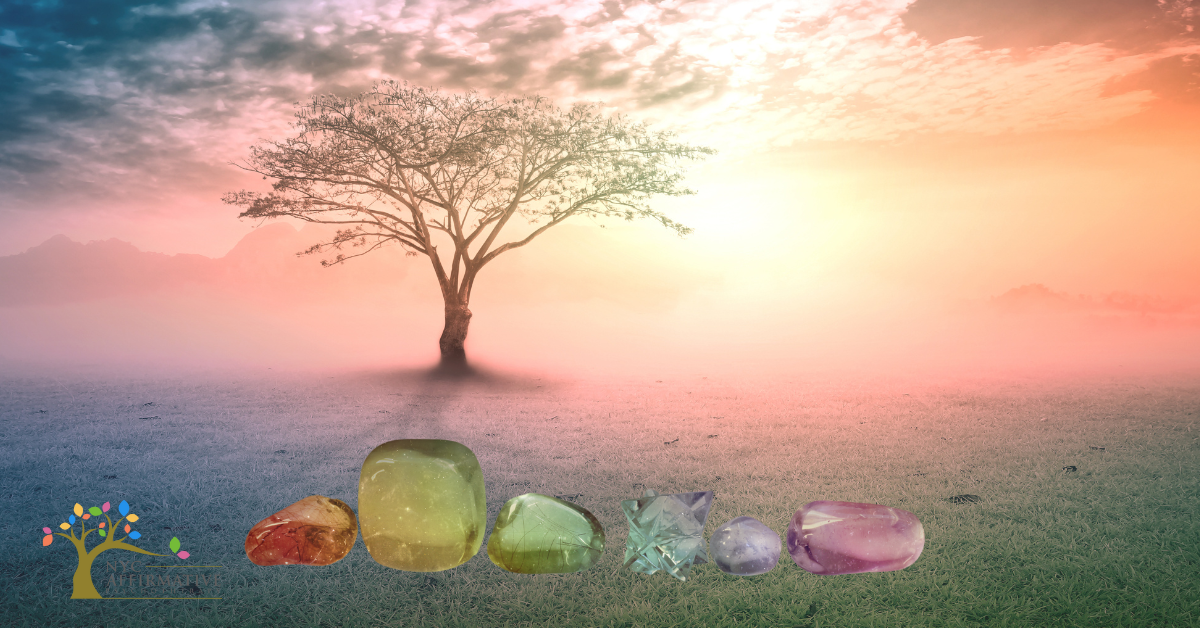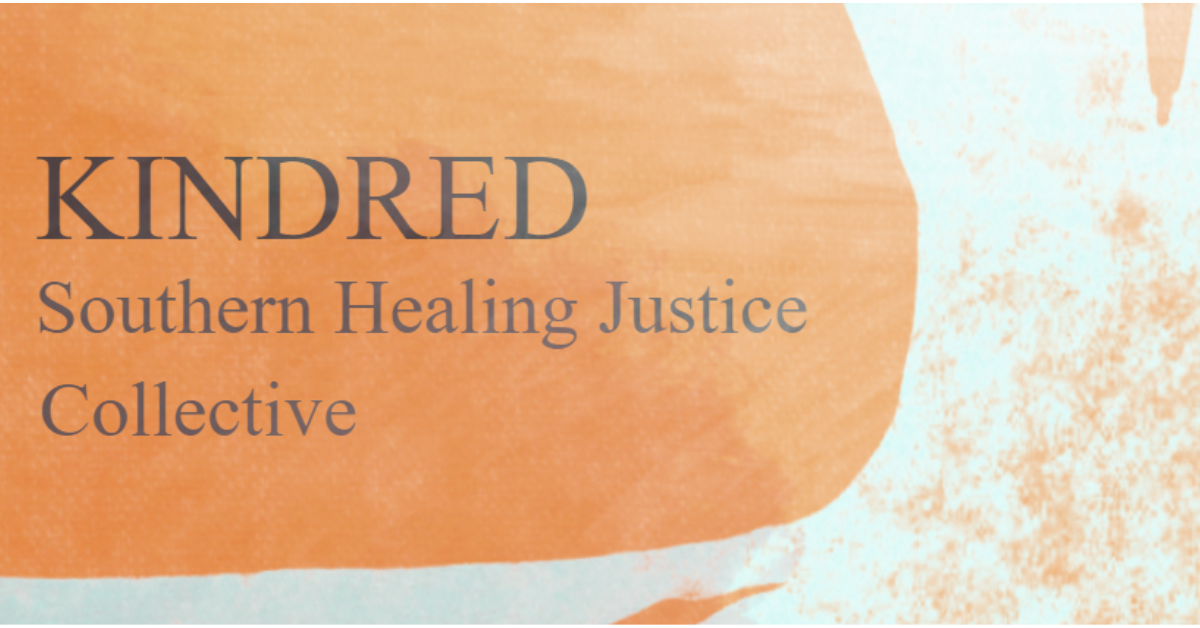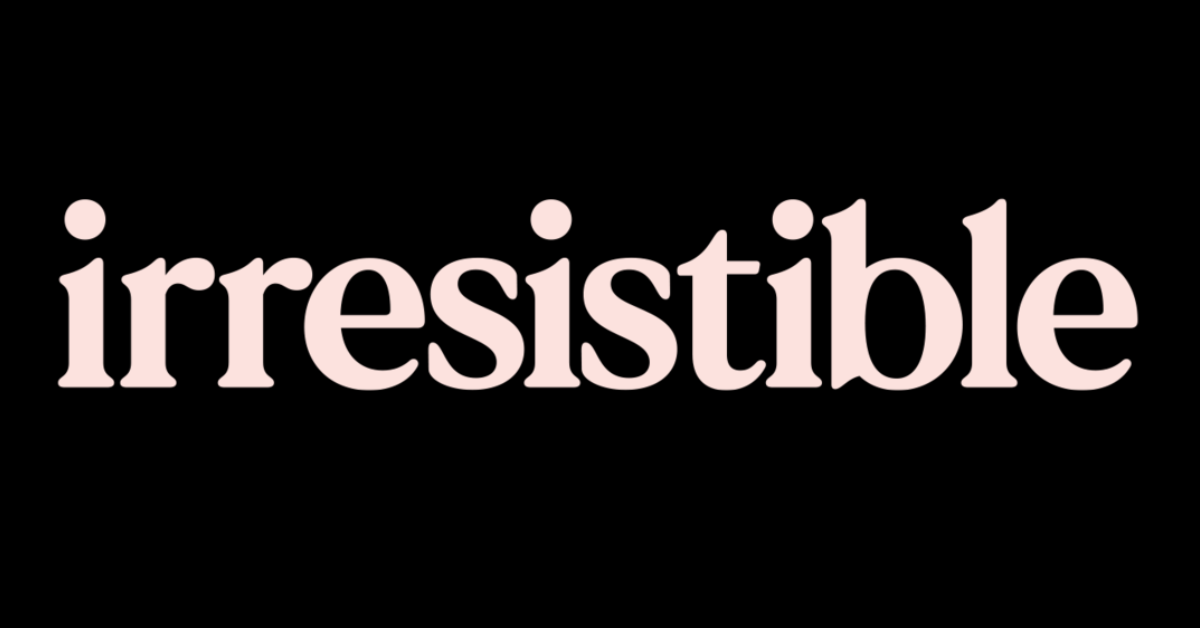Healing Justice and Mental Health: NYC Resources for Queer BIPOC Communities
Are you familiar with healing justice? Healing justice is an essential concept that connects the fight for social justice with mental health and well-being, particularly for marginalized communities such as queer BIPOC (Black, Indigenous, and People of Color). In New York City, several resources focus on healing justice, addressing the specific needs of queer BIPOC individuals by providing emotional and psychological support alongside activism.
This article explores healing justice, its significance, and resources like the Kindred Southern Healing Justice Collective and the Healing Justice podcast, which offer invaluable support to queer BIPOC communities.
Understanding Healing Justice
Healing justice is a framework that recognizes the systemic oppression faced by marginalized groups and its impact on their physical, emotional, and mental health. This concept goes beyond traditional mental health care by acknowledging the historical and ongoing traumas experienced by queer BIPOC communities.
It emphasizes collective healing through community support, activism, and reclaiming wellness practices, aiming to dismantle oppressive systems and promote holistic well-being.
Why Healing Justice Matters for Queer BIPOC Communities
For queer BIPOC individuals, the intersections of race, sexuality, and gender identity often lead to compounded forms of discrimination and trauma. This makes accessing culturally competent mental health care challenging, as mainstream systems may not fully address the unique needs of these communities.
Healing justice offers an alternative by prioritizing culturally relevant healing practices and creating spaces where queer BIPOC individuals can process trauma in a way that acknowledges their lived experiences.
NYC Healing Justice Resources for Queer BIPOC Communities
Here are two essential healing justice resources that are making an impact in NYC:
1. Kindred Southern Healing Justice Collective
Source: kindredsouthernhjcollective.org
The Kindred Southern Healing Justice Collective is a network of healers, activists, and organizers dedicated to healing justice. While their roots are in the Southern U.S., their influence extends to NYC through workshops, community care events, and online resources. They focus on trauma recovery, mental health support, and collective healing, offering queer BIPOC individuals safe spaces to engage in restorative practices.
The Kindred Collective provides training on healing justice frameworks, allowing queer BIPOC communities to access self-care and collective care strategies. This resource supports mental health through activism and community-building, offering in-person and virtual support.
2. Irresistible
Source: irresistible.org
Irresistible is another vital resource for queer BIPOC individuals in NYC. The podcast explores mental health, trauma, and activism, focusing on how healing can be integrated into social justice movements. Episodes feature interviews with activists, healers, and mental health professionals who offer tools and insights on healing justice.
Listeners can engage with topics like racial trauma, gender-based violence, and emotional resilience, all of which are critical for the mental well-being of queer BIPOC individuals. By providing accessible knowledge and resources, the Healing Justice Podcast helps create an inclusive community that supports emotional healing through storytelling and shared experiences.
How Healing Justice Supports Mental Health
Healing justice bridges the gap between mental health care and activism by addressing the systemic barriers that prevent queer BIPOC communities from accessing traditional therapy. By integrating activism with healing, this framework allows individuals to reclaim their mental health and build resilience through collective action.
Community-Led Healing: Healing justice empowers communities to take control of their mental health through collective care practices rather than relying solely on institutional support. This is particularly important for queer BIPOC individuals who may feel alienated from mainstream mental health systems.
Trauma-Informed Care: Healing justice prioritizes trauma-informed approaches that recognize the ongoing impact of systemic oppression. This approach allows for more comprehensive care that includes mental health and physical, spiritual, and emotional well-being.
Activism as Healing: For many queer BIPOC individuals, activism itself is a form of healing. By fighting for justice, individuals can process their trauma and contribute to collective healing, strengthening mental health within their communities.
Integrating Healing Justice into Mental Health Practices
For mental health professionals, understanding and integrating healing justice into therapeutic practices is crucial for providing adequate care to queer BIPOC individuals. Healing justice frameworks allow therapists to create culturally competent treatment plans that acknowledge the systemic factors contributing to mental health issues. This approach involves:
Cultural Competence: Ensuring that mental health professionals understand the unique challenges faced by queer BIPOC communities, including the intersections of identity and oppression.
Collective Care Models: Incorporating collective care models into therapy by encouraging community support and group healing practices alongside individual therapy.
Trauma-Informed Approaches: Using trauma-informed care to address the specific ways systemic oppression impacts the mental health of queer BIPOC individuals.
Healing justice is a transformative approach to mental health that addresses the needs of queer BIPOC individuals by recognizing the intersection of trauma, identity, and systemic oppression. In New York City, resources like the Kindred Southern Healing Justice Collective and the Healing Justice Podcast provide essential support, offering practical tools and emotional guidance. When one embraces healing justice, queer BIPOC communities can reclaim their mental health and foster resilience through activism, collective care, and culturally relevant healing practices.



